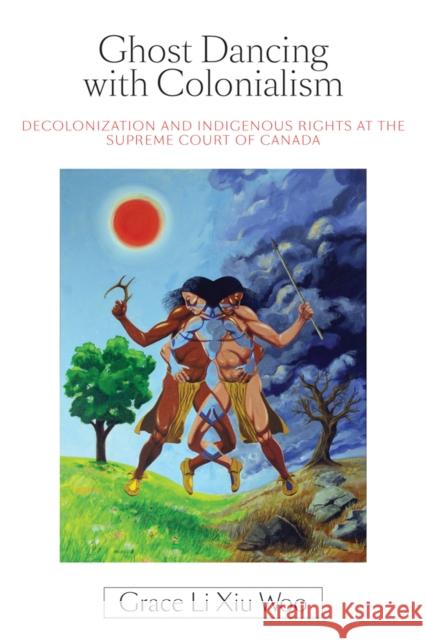Ghost Dancing with Colonialism: Decolonization and Indigenous Rights at the Supreme Court of Canada » książka
Ghost Dancing with Colonialism: Decolonization and Indigenous Rights at the Supreme Court of Canada
ISBN-13: 9780774818889 / Angielski / Miękka / 2012 / 360 str.
Some assume that Canada earned a place among postcolonial states in1982 when it took charge of its Constitution. Yet despite the formalrecognition accorded to Aboriginal and treaty rights at that time, Indigenous peoples continue to argue that they are still beingcolonized. Grace Woo assesses this allegation using a binary model thatdistinguishes colonial from postcolonial legality. She argues that twolegal paradigms governed the expansion of the British Empire, one basedon popular consent, the other on conquest and the power to command.During the twentieth century, international law formally rejected theconquest model. However, despite the best intentions of lawyers andjudges, the beliefs and practices of the colonial age continue to hauntSupreme Court of Canada rulings concerning Indigenous rights. The binary analysis applied in Ghost Dancing withColonialism casts explanatory light on ongoing tensions betweenCanada and Indigenous peoples, suggesting new ways to bridge thecultural divide and arrive at a truly postcolonial justice system. Grace Li Xiu Woo is a retired member of the LawSociety of British Columbia. She has taught in the Program of LegalStudies for Native People at the University of Saskatchewan.











